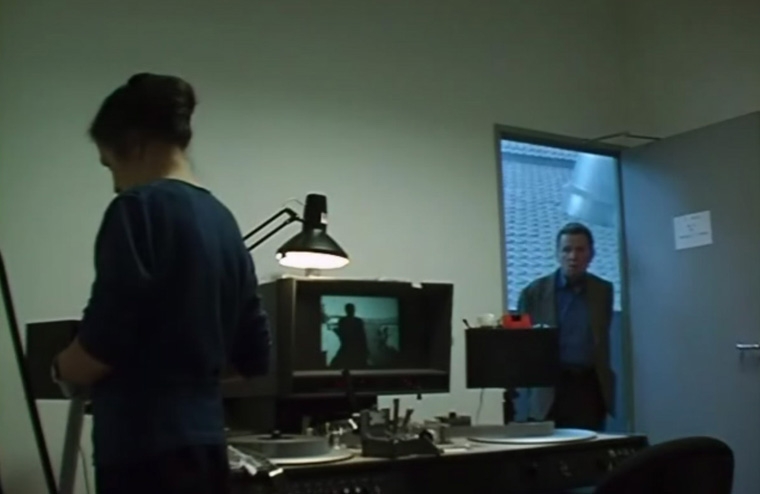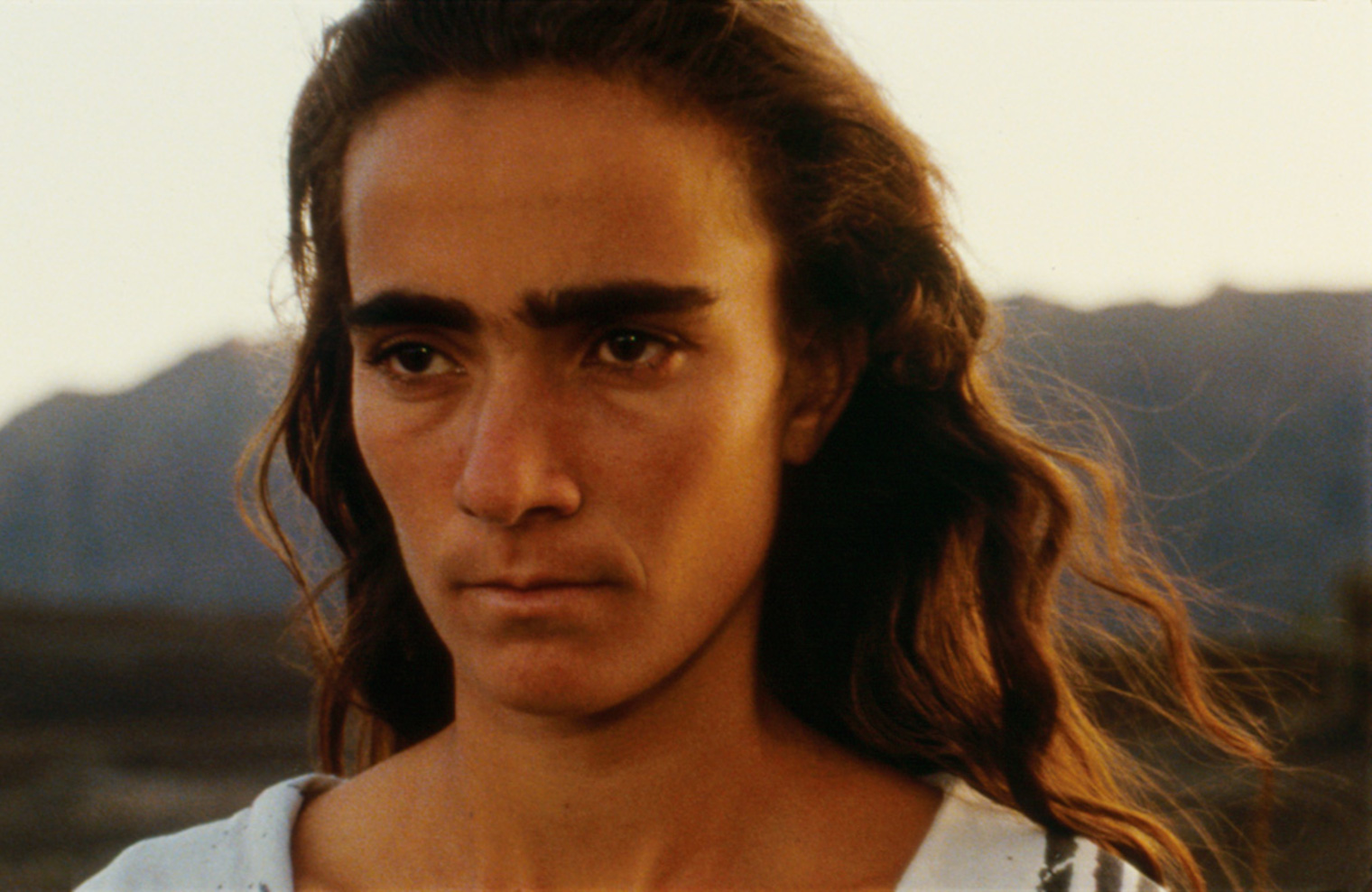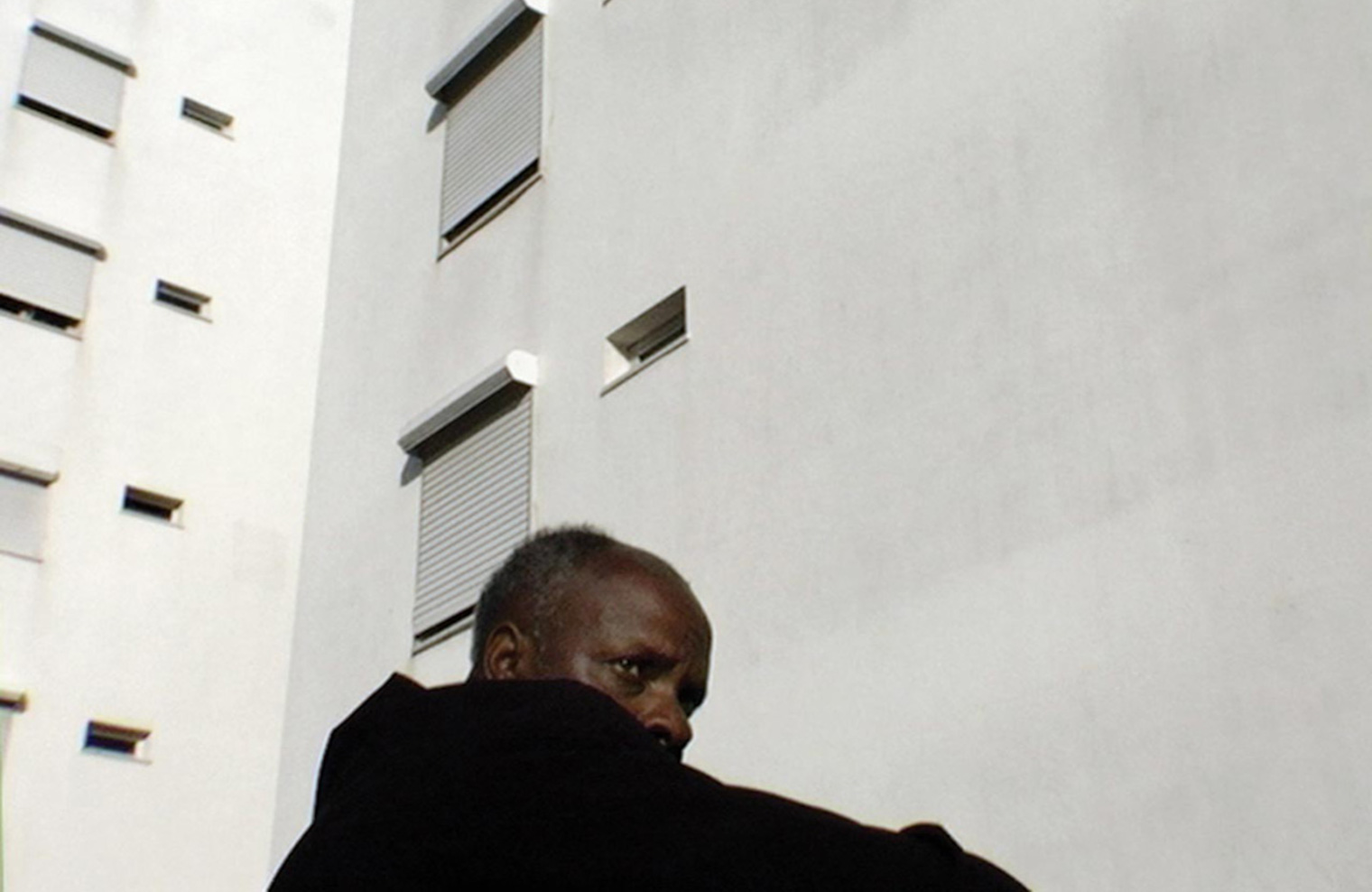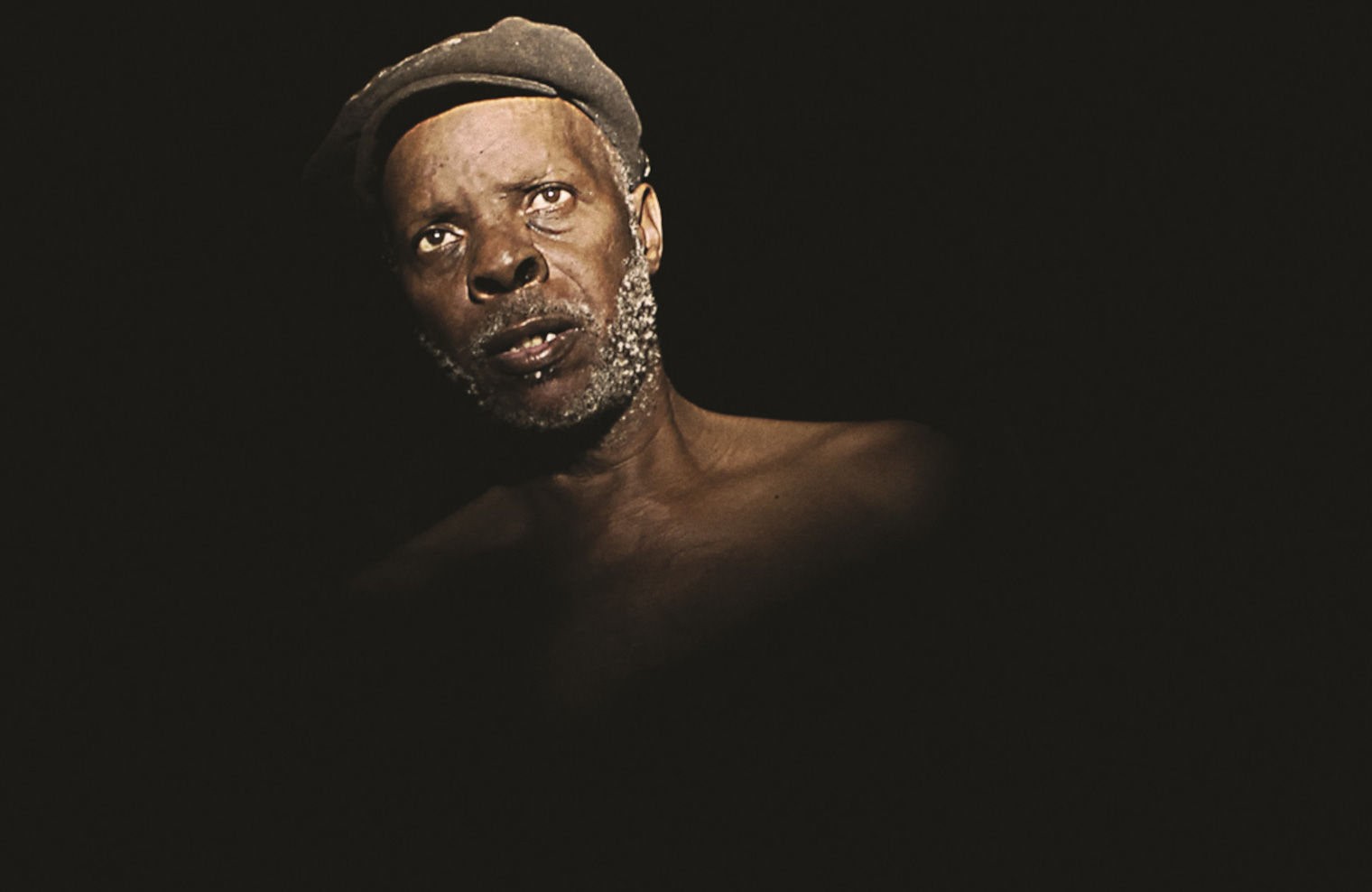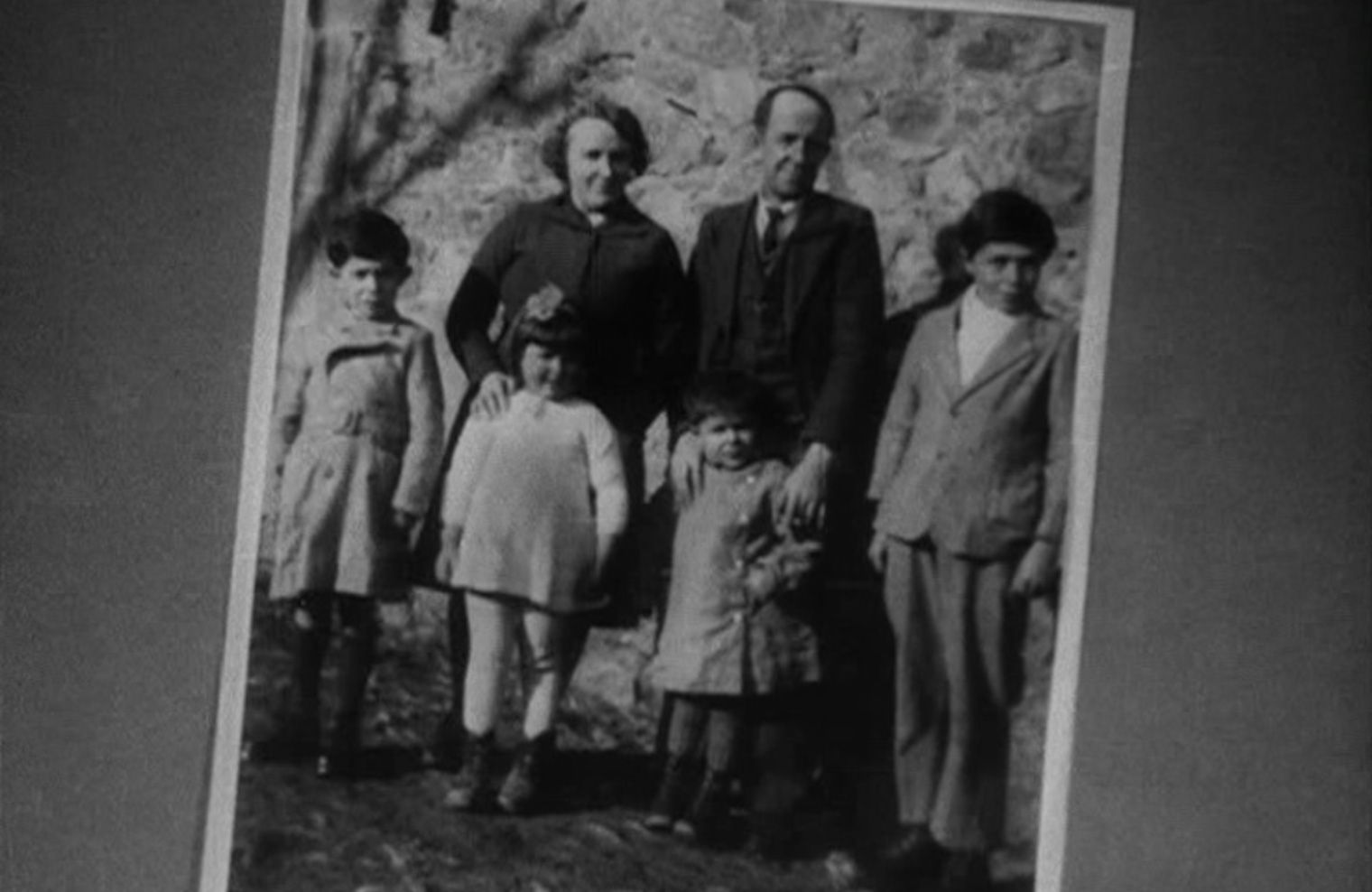Artist in focus: Pedro Costa
“We make films on high seas,” says Pedro Costa, “and as we do not have a book of laws, we work in a very dark area, which is memory.” Without predetermined structures to draw from, with few certainties to rely upon, Pedro Costa’s work is a continuous labour of arduous experimentation and utmost concentration. Ever since he first made his way into Fontaínhas, a neighbourhood on the outskirts of Lisbon, he has made it his life’s work to document the lives of its inhabitants, many of whom are immigrants from Cape Verde. But contrary to the rules of the filmmaking playbook, he does not rely on the traditional modes of documentary, aimed at providing testimony of the misery of the world and laying bare the dominant order of exploitation. Instead, his work is the result of a painstaking process of construction, building on shards of imagination emanating from memory of the actors and giving them form through the prism of his own retention of the history of cinema. These memories are the building blocks of a unique cinematic world, which is of profound intimacy and at the same time astonishing beauty, of a meticulous rigour and haunting resonance.
Part of the tremendous force of these films is undoubtedly due to the desire, patience and dedication invested in them. It is this work of attention that opens up the poetic possibilities of the spaces that are lived in and the words that are lived out, giving the depicted lives being depicted the splendour and dignity they are usually denied. The epic dimension of venture, tragedy and sacrifice at the heart of exile – from elsewhere or from oneself – is particularly embodied in the figure of Ventura, the majestic wanderer somewhere in between Oedipus and King Lear, Tom Joad and Ethan Edwards, who is the main character in Colossal Youth, as well as in Costa’s new film Horse Money. This time, even more than in the past, Ventura’s ruminations of lost struggles and violent experiences give out in zones of the unmoored and the delirious, revealing a restlessness and a disquiet that might open up to our own. Battling the demons of one’s history does not simply amount to a lamentation of brokenness and failure: it can also be a way of reclaiming and rethinking one’s own life, which already acts as a means of transforming it. As a poet once wrote: “Losing too is still ours.”
